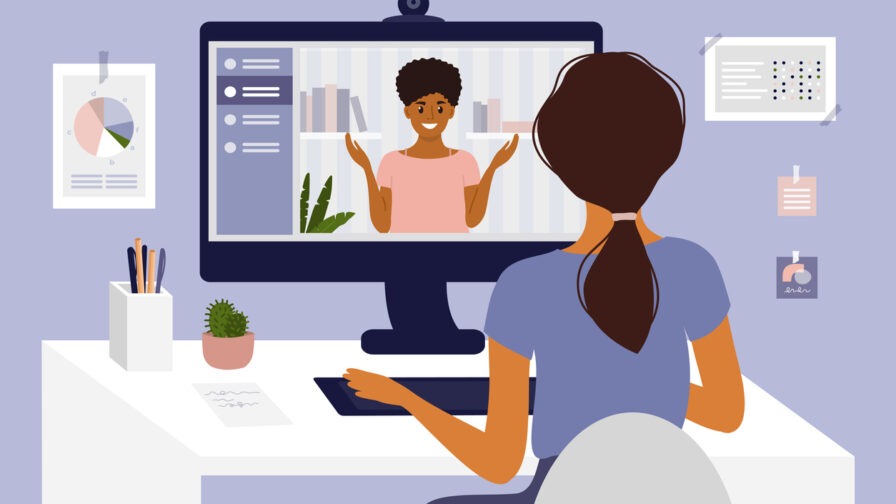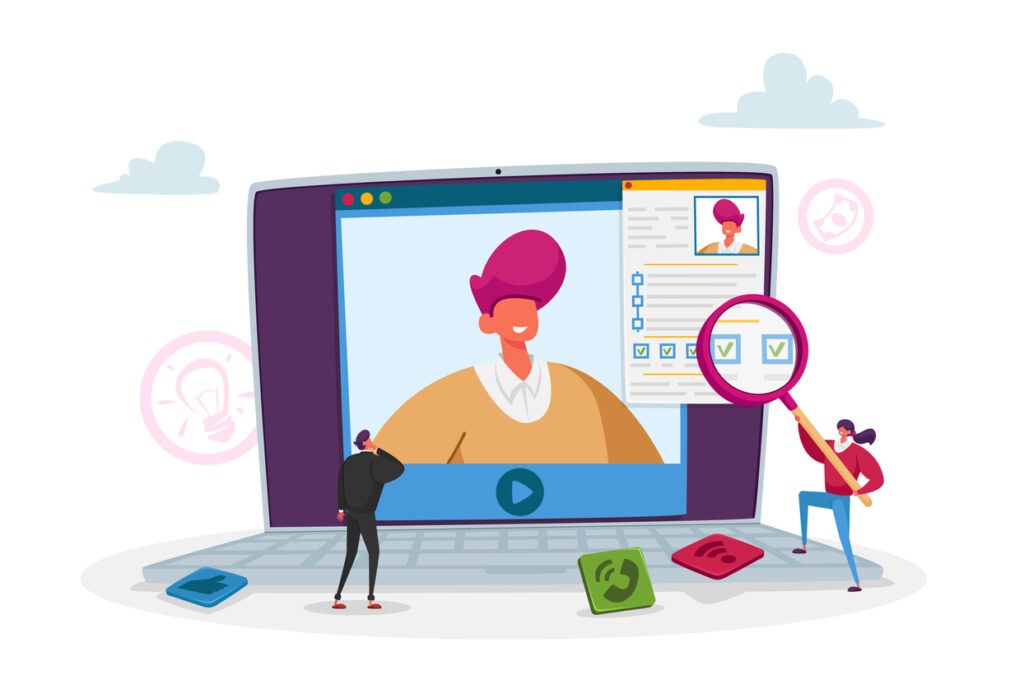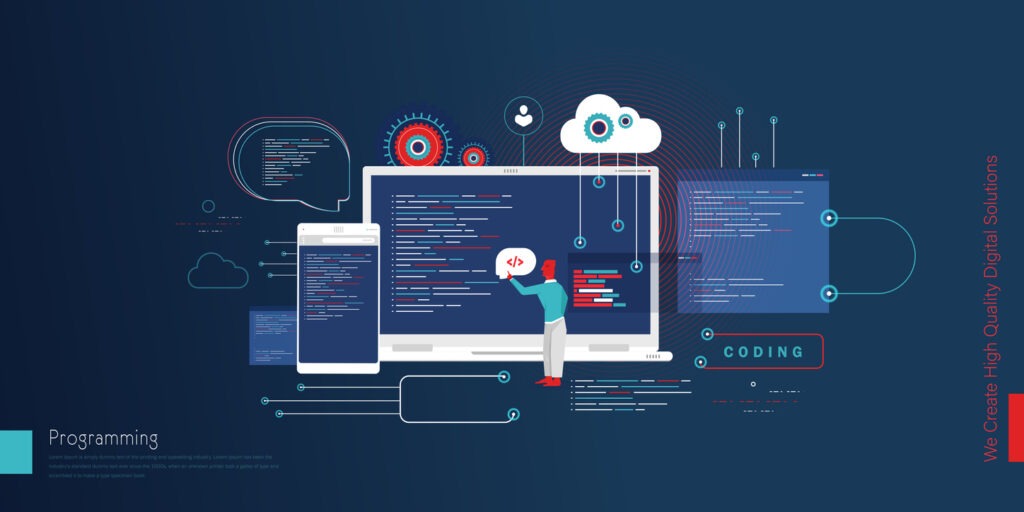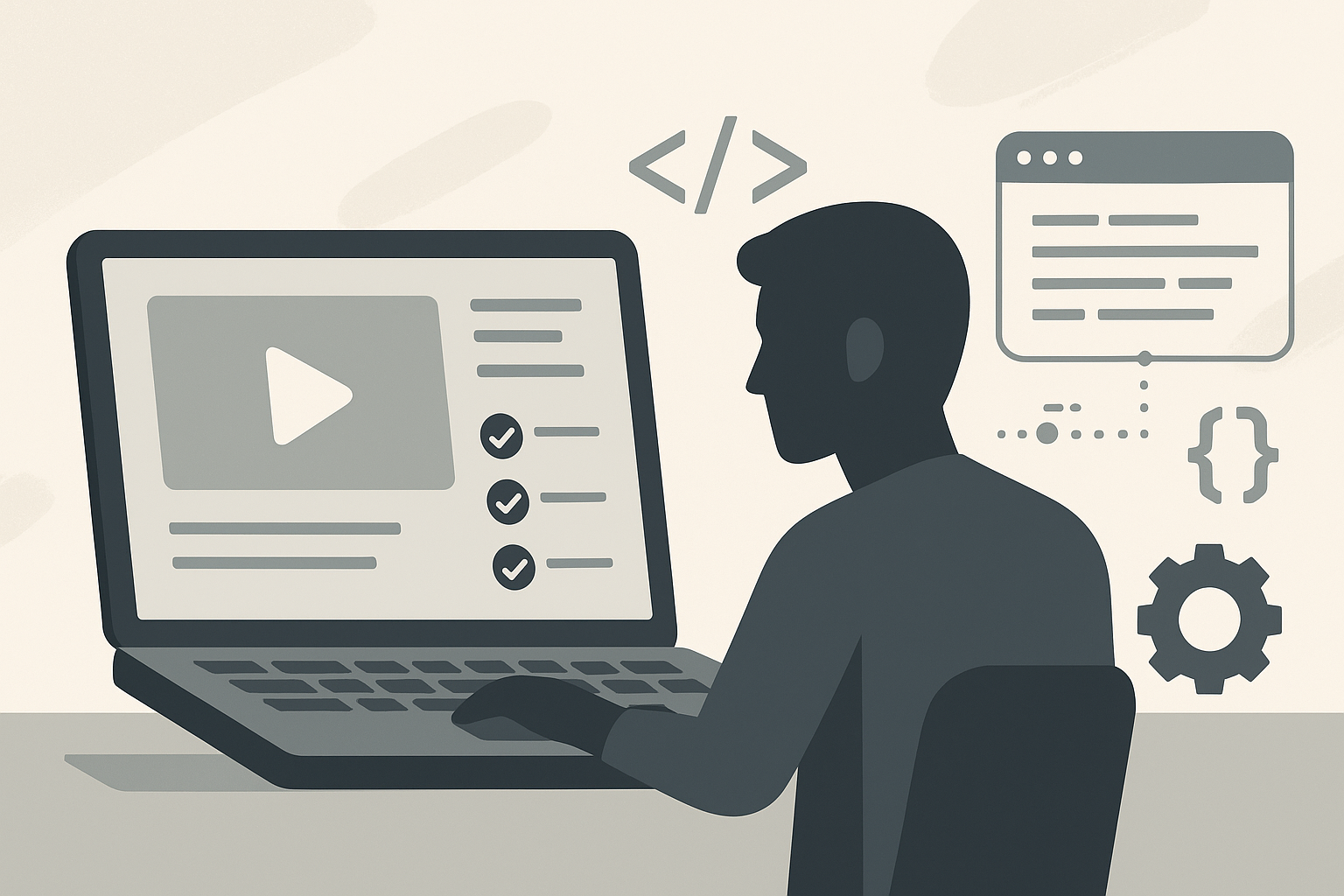
Whether you’re an experienced professional looking to move on or just starting on your tech career, job interviews can be a daunting prospect. However, performing well in technical interviews is essential for getting top developer jobs and progressing your career. Your tech skills may be top-notch, but you’ll need to be able to prove this in an interview. You’ll also need to demonstrate some soft skills and show that you have the right personality to fit in with your prospective team. If there are a lot of other candidates, you’ll have to show why you’re the best choice.
Technical interviews can involve a more detailed set of questions than those for other jobs. It pays to be well-prepared, so you know what kind of questions to expect and how best to present yourself when you interview for a developer job. With that in mind, we’ve teamed up with Credem, a top banking group with extensive IT operations. They’re one of the most sought-after employers in the field, so well-placed to help you get a better idea of how tech hiring works. And we’re including eight expert tips direct from Credem’s own recruiters.
Technical Interviews: how they work
Developer jobs are technical and often specialist, so you can expect the recruitment process to be demanding. To succeed in your tech interview, it’s important to understand what employers are looking for and how you can show your suitability. The first part of this means you’ll need an overview of the developer job interview process. You’ll need to think about what kind of questions you can expect. Will you be asked to perform some technical problem-solving challenges to show your aptitude? What soft skills will they be looking for?
You’ll also need to have a good idea of your own skill set, motivations, aptitudes and mentality. If you’re confident about who you are and what you can do, your interview is likely to be much more straightforward.
Tech interviews can take place in person, over the phone or online. It’s not uncommon to have an initial interview remotely with a second face-to-face meeting if successful. The tech hiring process can be quite detailed, so expect your interview to last at least an hour. Some recruiters may ask you to attend an all-day session with a variety of tasks.
In general, questions range from the traditional interview topics about motivation and goals to highly specific technical questions. You may be asked to solve puzzles or to talk through how you would approach particular problems. You’ll be expected to have demonstrable programming skills to land a developer job, so don’t be surprised if you’re asked to write some code in a live development session.

Tips for your technical interview by Credem recruiters
A good place to get some insight into tech hiring is the recruiters themselves. We spoke to the specialists at Credem to get a clearer idea of what they’re looking for when they interview for developer jobs.
1. Prepare a list of your technical skills
For a developer job, tech skills are a must. But you’ll need to be able to demonstrate your abilities clearly, and in-depth, during the interview. Make a list of your technical skills: programming languages, frameworks, networks, systems and so on.
But don’t think that just listing skills is enough. You’ll also need to describe how you’ve used your skills on specific projects and problems. By letting your prospective employer know what’s in your ‘toolbox’, together you can begin to design the right path for your entry into the company.
2. Do not improvise
Preparation is vital for technical interviews. In stressful situations, you may forget important points and not present your best aspects. Do your research on the company, including the kinds of technologies and working practices they use. Think about the kind of questions you might be asked so that when they come up, you can answer with confidence and fluency. Above all, don’t think you can wing it. You risk saying something irrelevant or foolish that could let you down.
3. Don’t fake it
You may be tempted to lie about your competencies, thinking you can bone up on the job if needed. Don’t do it. It’s a recruiter’s job to verify your skills. They can often detect a fib and if more detailed questions reveal your faking, you can say goodbye to the job.
Everyone has strengths and weaknesses and usually a few minor knowledge gaps. If you don’t know the answer to a question, don’t worry, just say so. But you can also elaborate on how you might go about finding out the answer. The interviewers at Credem appreciate candidates who speak clearly and honestly about what they can and can’t do.
4. Value yourself
It’s easy to lose your self-confidence in the nerve-wracking environment of a tech interview. However, it’s important not to belittle yourself. Know your strengths and be happy to talk about them. If you’ve been invited to a technical interview, your recruiter already thinks you have something to offer. So just make sure you value it too.
5. Ask questions

An interview is not just a one-way process. It’s also your chance to discover more about the company you’ve applied to. Chances are that at least some of those interviewing you will be responsible for the day-to-day activities of the business. So it’s a good opportunity for you to find out what working there would be like and whether it’s really for you.
Asking questions also shows that you are active and curious, keen to learn about the company and its work. Employers like Credem value these traits and welcome such engagement.
6. Find out if the technical interview includes tests
Unlike some jobs, tech hiring requires a clear picture of candidates’ applied technical skills. Recruiters may set practical tests like coding or system design exercises to get an idea of how you work.
If you’re not expecting this kind of test, you may feel panicked and be unable to perform, even though in calmer circumstances you’d be fine. So it’s worth finding out if any practical tests will come up. If so, you should practice some similar exercises to improve your confidence. Also, if you’re being interviewed remotely, make sure you have your development environment set up correctly in advance of your interview.
7. Share your technical point of view
Don’t be reluctant to go into detail when you address technical questions. Candidates for developer jobs will be expected to come at issues from a strong technical point of view. Expand on products or procedures and trace them back to their most technical aspects. Don’t worry that your interviewer won’t understand – they’ll ask you for clarification if need be.
8. Soft skills are key
In large companies you’ll need to interact with a wide range of other team members. Credem, for example, has an IT team of around 300 people who work closely together, so effective team working is highly valued. In addition to your technical ability, therefore, you’ll want to demonstrate your soft skills like communication, negotiation and relatability, which are essential for teamwork.
More resources for your technical interviews
You’ll find a wealth of online tools, videos and blogs to help you prepare for your tech interview as well as plenty of books. Here are a few recommendations:
- To help you brush up on your tech problem-solving, you can try some of the exercises at Interview Cake”.
- For personalised mock interviews with real tech hiring professionals, interviewing.io is another useful resource.
- You’ll also find a wealth of courses and coaching services at Pramp, which includes a number of free options.
- Youtube has hundreds of tech interview resources, including tips from recruiters at well-established companies, like former Google tech lead Patrick Shyu and these Confessions of a Big Tech Hiring Manager
- And let’s not forget good old-fashioned books. For starters, you could take a look at the Elements of Programming Interviews books by Adnan Aziz and Tsung-Hsien Lee. There are versions for C++, Java and Python to help you clarify your coding abilities.
Conclusions: go get it!
A career in tech can be fast-moving and rewarding. Landing a good developer job requires solid a tech skillset as a basis, but you also need to be able to demonstrate this at a technical interview. And tech hiring specialists are often just as interested in your soft skills, to prove you can work with others in team environments and get the best outcomes for your company.
Preparation is key for your technical interviews, so in this article, we’ve tried to give you a heads-up on what to expect and how to show potential employers your full potential. Remember that a ‘go get it’ spirit will always help to drive you forward in your career, as you gain new skills, qualifications and experiences. Combine that with openness and curiosity and you should go far!




